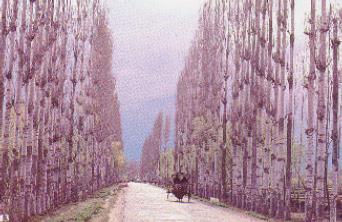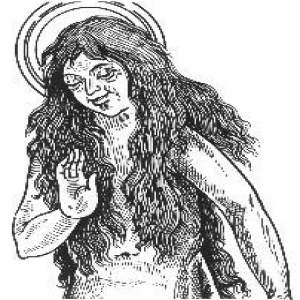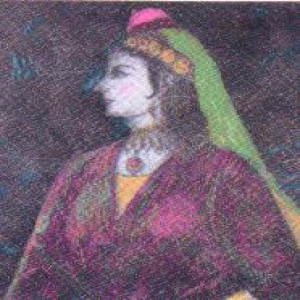Glimpses of Kashmiri Culture
Culture maintains its uninterrupted flow dismantling the man-made barriers between past and present. Its sweet rhythm and ennobling dignity does not at all grow stale. Its self-assigned duty of guarding the eternal values does never become boring. It is a pleasure and an obligation at the same time.

Now the scene has undergone a veritable change - a natural phenomenon, to speak precisely. Sanskrit had become the language of the elite only, and Persian an administrative vehicle of the Sultans. Kashmiri culture had to seek a new medium for its expression, under these circumstances. Moreover, it elected to initiate a rapport with the general masses for which the home-spun idiom, enshrined in the Kashmiri language, offered the only choice for providing tongue to our cultural values. Hence, the form of expression did undergo a change from classical medium to modern vernacular, but the content remained the same. It was definitely a continuous projection of our tradition, built inch by inch by the denizens of this Valley, saturated by the prowess of their mind and spirit.
In the foregoing web pages, an attempt has been made to portray the universal truth that to-day is nothing but the rebirth of yesterday, with its heart-beats intact. Environs do change, irrepressible strains and stresses do haunt the body, yet the soul remains always unaffected and, consequently, unruffled.
Lal Ded
In Kashmir, some people consider her a poet, some consider her a holywoman and some consider her a sufi, a yogi, or a devotee of Shiva.
Bilhana - The Minstrel
Kashmir of yore has been the cradle of Sanskrit lore and learning. From 9th century A. D. to 12th century A. D. brightest luminaries in Sanskrit literature have shone on its firmament.
Later Hindu Period of Kashmir History (1148 A.D. to 1339 A.D.)
The Doyen of Sanskrit chroniclers, Kashmirian Kalhana was destined to write about the Hindu period of Kashmir History only upto A.D. 1148.
Kalhana - The Chronicler
Chronicle-writing is not foreign to the imagination of the Kashmiri Brahmins. A host of histories Charitas and Mahatmyas amply testify to this assertion.
Ksemendra - The Peoples Poet
Sankskrit poets and literary luminaries have been often accused of oriental hyperbole. It may be conceded that by and large such devotees of Muse did indulge in some kind of exaggeration which became naseating at times
Habba Khatoon
Habba at the very outset of her poetic career rebelled against the prevalent standards of poetry-writing. Textbook idealism is not found in the dictionary of her pulsating emotions. She did not also try to bridge the distance between the ideal and the real.
Abdul Ahad Azad - The Poet of Tomorrow
Azad is inherently possessed of uncommon consciousness of head and heart. He has never elected to go into the shell like other Kashmiri Romanticists. Instead, he has tried to analyse Man in every sense of the word, bereft of any curves or blind alleys.
Concept of Maya
At the very outset, it may be said without any fear of contradiction, that in philosophy unalloyed originality is a misnomer. It is actually the sum total of the thinking on a particular subject, collated, coordinated and brought uptodate by the stalwarts in this field.
Panchastavi - A Brief Study
The compound word Panchastavi in ordinary parlance connotes a collection of devotional hymns divided into five cantos.
The Serpentine Vitasta
From times immemorial rivers in India have been treated as sacred. After the Aryan occupation of the North when towns and cities began to be built on the banks of rivers, their utility could not be over looked.





